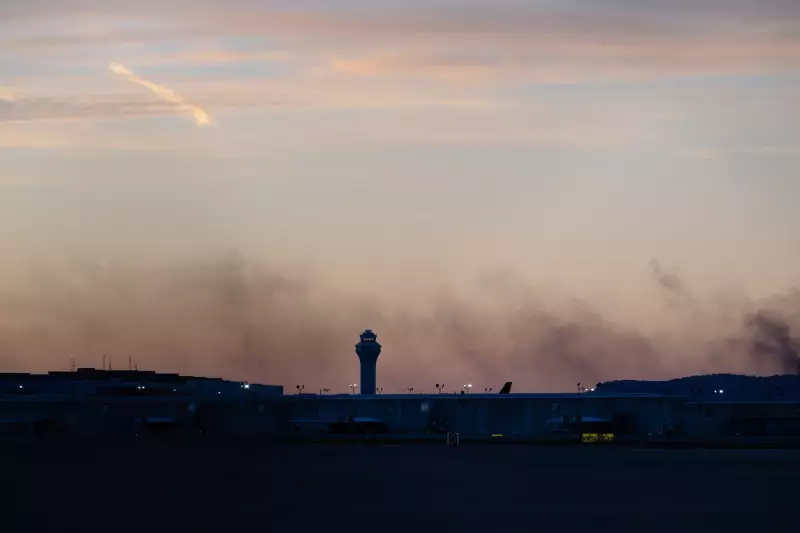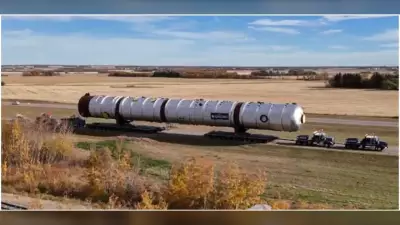
Federal investigators are meticulously combing through the smoldering wreckage of a UPS cargo plane that crashed in rural Kentucky, leaving a scene of devastation and unanswered questions about what caused the aircraft to plunge from the sky.
The massive Airbus A300 freighter, operating as UPS Flight 1354, went down just short of Louisville International Airport around 12:30 AM local time. The crash site near the community of Borden presents investigators with a challenging scene—a charred field scattered with debris from the shattered aircraft.
A Race for Answers
The National Transportation Safety Board has deployed a full "go-team" to lead the investigation into one of the most significant cargo plane accidents in recent years. Specialists in aircraft structures, operations, and systems are working to piece together the final moments of the flight that originated in Nassau, Bahamas.
"We are in the very early stages of our investigation," NTSB officials stated, emphasizing the methodical nature of their work. The team is documenting the entire crash scene, mapping debris patterns, and recovering critical components that could reveal what went wrong.
The Human Element
While the investigation focuses on technical factors, authorities confirmed both crew members aboard the aircraft perished in the crash. The aviation community is mourning the loss of experienced professionals whose identities haven't yet been formally released pending family notifications.
Witnesses described hearing the aircraft flying unusually low before the impact, followed by a massive fireball that illuminated the pre-dawn sky. Emergency responders arrived to find a scene of extensive damage, with the main wreckage concentrated in a relatively small area.
Broader Implications
This incident raises important questions about cargo aviation safety and the maintenance protocols for aging aircraft fleets. The Airbus A300, while a workhorse of the cargo industry, represents an older aircraft design that requires rigorous inspection and maintenance schedules.
Aviation experts note that while cargo operations maintain high safety standards, this accident will likely prompt renewed scrutiny of overnight freight operations and approach procedures at airports nationwide.
The investigation continues as officials work to recover the aircraft's cockpit voice recorder and flight data recorder—the so-called "black boxes" that could provide crucial evidence about the plane's final moments.






